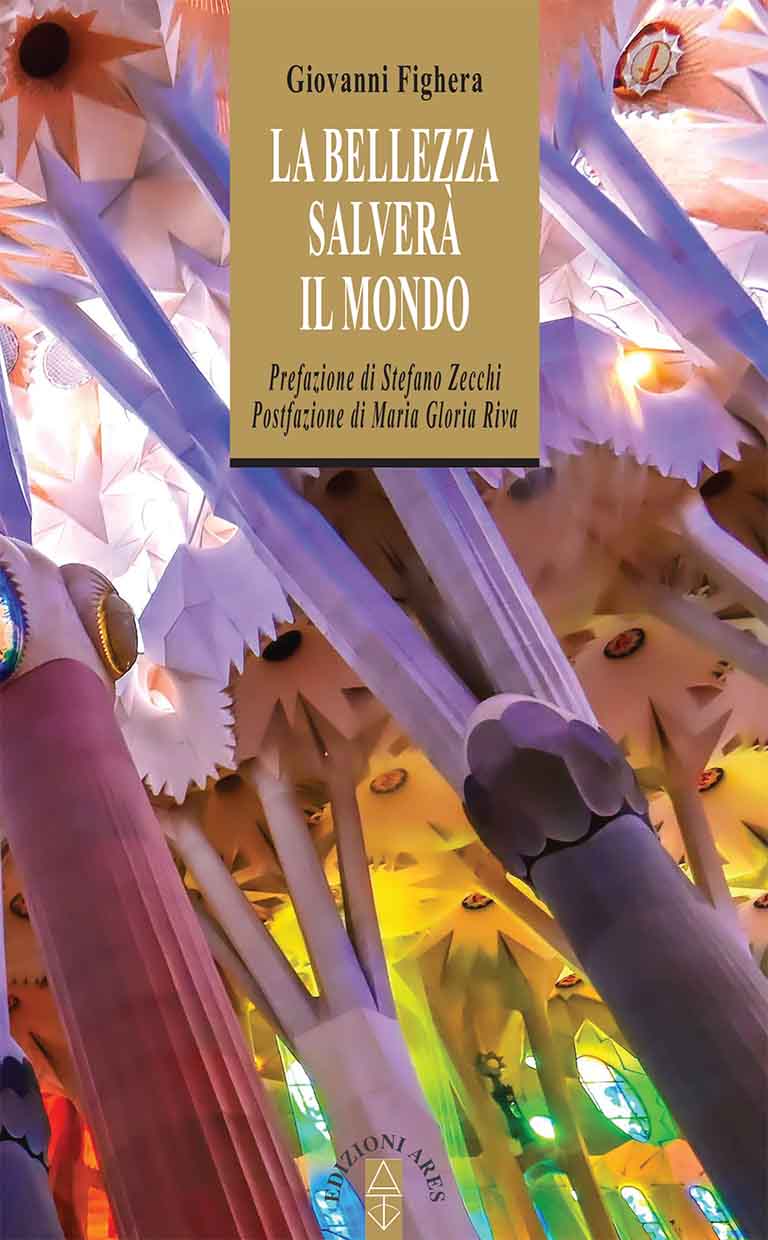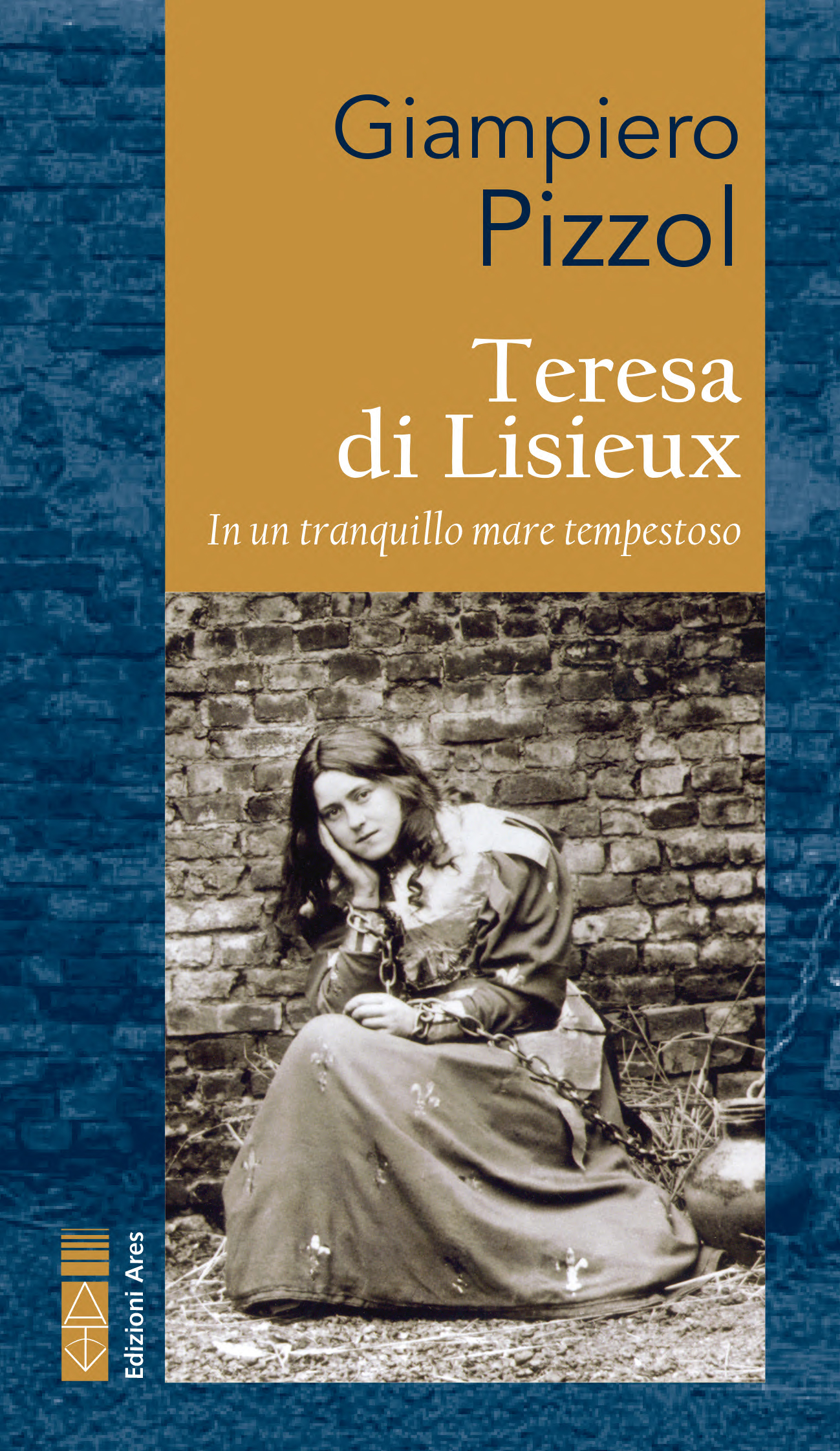
La bellezza salverà il mondo
Nuova edizione 2024
CODICE: ART1174
ISBN: 9788892985087
ANNO: 2024
PAGINE: 272
AREA: Famiglia & educazione
COLLANA: Anima & psiche
Prefazione di Stefano Zecchi
Postfazione di Maria Gloria Riva
€18,00 €14,40
Risparmi €18
Spese di spedizione per l’Italia: 5,60 €
SPEDIZIONE GRATUITA PER ORDINI SOPRA I 30,00 €
Vedi dettagli e opzioni di spedizione
Disponibile
La dimensione estetica è essenziale nella vita umana. A detta di Dostoevskij (I demoni), la bellezza è «il vero frutto dell’umanità intera e, forse, il frutto più alto che mai possa essere». «Quale bellezza salverà il mondo?», si chiede allora lo scrittore russo nell’Idiota. Attraversando la storia dell’estetica dalla sua concezione antica, «interrogando – come scrive Stefano Zecchi in Prefazione – la tradizione e testimoniandola nella nostra contemporaneità con potente vigore, questo libro coraggioso» giunge alle conclusioni che furono di Charles Moeller in Saggezza greca e paradosso cristiano: la bellezza dell’arte su questa Terra è superata dalla bellezza dei santi, quindi dell’uomo, che di Dio è immagine. «La gloria di Dio è l’uomo vivente», aveva affermato prima di lui icasticamente sant’Ireneo. Il percorso del volume investe i campi artistici letterario (Iacopone, Dante, Petrarca, Tasso, Shakespeare, Manzoni, Dostoevskij, Zola, Péguy, Wilde, Ungaretti…), figurativo (Michelangelo, Raffaello e tanti altri fino a oggi) e quello filosofico (Platone, Aristotele, san Tommaso, Kant, Croce…) sorpresi sotto la luce portata dal fatto cristiano. «Presi per mano dall’autore – commenta sr. Maria Gloria Riva in Postfazione – apriamo gli occhi su quel brutto a cui ci siamo abituati e che sta diventando categoria di giudizio e veniamo pian piano istradati dentro quella via pulchritudinis che davvero rappresenta l’urgenza educativa del nostro tempo».
Fighera Giovanni
The aesthetic dimension is essential in human life. In the words of Dostoevsky (Demons), beauty is “the true fruit of all mankind and, perhaps, the highest fruit that can ever be”. “What beauty will save the world?” the Russian writer then asks himself in The Idiot. Traversing the history of aesthetics from its ancient conception, “interrogating – as Stefano Zecchi writes in the Preface – the tradition and witnessing it in our contemporary times with powerful vigor, this courageous book” arrives at the conclusions that were Charles Moeller’s in Greek Wisdom and the Christian Paradox: the beauty of art on this Earth is surpassed by the beauty of the saints, hence of man, who is the image of God. “The glory of God is the living man”, St. Irenaeus had stated before him icastically. The path of the volume invests the literary (Iacopone, Dante, Petrarch, Tasso, Shakespeare, Manzoni, Dostoevsky, Zola, Péguy, Wilde, Ungaretti…), figurative (Michelangelo, Raphael and many others up to the present day) and philosophical (Plato, Aristotle, St. Thomas, Kant, Croce…) artistic fields surprised under the light brought by the Christian fact. “Taken by the author’s hand – comments Sr. Maria Gloria Riva in the Afterword – we open our eyes to that ugliness to which we have become accustomed and which is becoming a category of judgment, and we are slowly instraded within that via pulchritudinis that truly represents the educational urgency of our time”.





